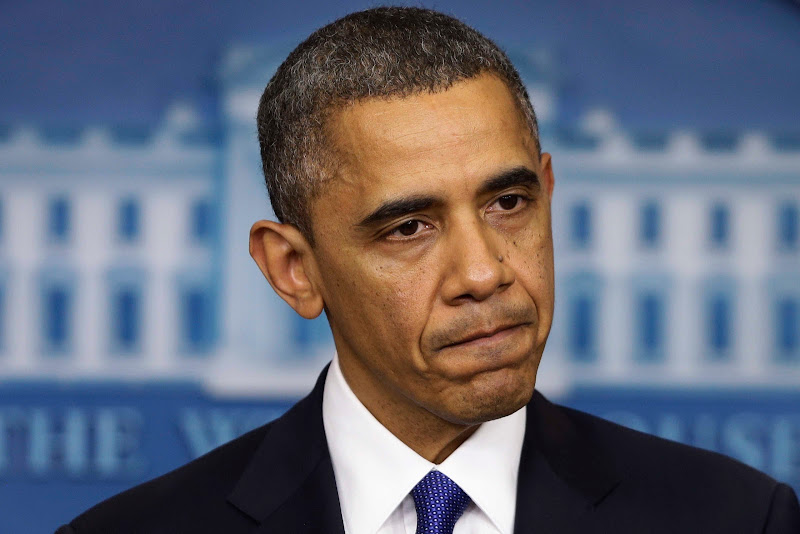By Jaime Ortega.

This week waging the international policy battles Russia defied provoked the EU and the US, to increase economic sanctions that could end up hurting the Russian economy. The U.S. President Barack Obama surrounded by some of the world leaders , dismissed Russia’s global strength and define it as a ” regional power ” ensuring that concerns over ” nuclear threat” movements Moscow on its eastern borders could impose heavier sanctions.
“Russia is a regional power that is threatening some of its regional neighbors ,” he said after setting United States as ” the world’s most powerful country.” In his view the deployment of Russian troops on the border “is more a sign of weakness than strength ” and said that while Moscow is entitled to mobilize his army anywhere within its territory , the movement looks like a “provocation ” in the eyes of the Allies and the world.
In any case Russia right now is not the number one threat to U.S. security . Yes it is nuclear – but the safety of this summit was held in The Hague , and the threat that these materials could fall into the wrong hands. “I’m much more concerned when it comes to the threat of a nuclear bomb in downtown Manhattan ” he said.
The U.S. leader is a member of the G7 which expelled Russia from the G8, and is more willing to change sectored economic sanctions on Russia. Today I talked about restrictions on trade , finance , energy and the arms industry . He acknowledged that ” these measures will have an impact on the global economy,” but in any case the consequences will be greater for Russia.
These measures will be activated only if Putin continues escalating tension and Russia violates Ukraine’s sovereignty and territorial integrity again. Not being a NATO ally , the country will have the financial and political support of the Allies, but not the military. The scenario of an armed conflict with Russia is only considered if any of the integrated NATO countries see their security compromised and activate Article 5 of the Washington Treaty , which states that an armed attack against a member state is considered as an attack on all.
‘ Diplomacy or sanctions ‘
” I will act in our defense against any threat ” said Obama of key military positions the United States and other NATO partners protect . Obama has stated that the allies are organizing ” more intensively to ensure that there are contingency plans and the necessary guarantees that will act to our own defense against any threat.”
“There is a choice to be made ,” said Obama at the closing press conference of the Nuclear Security Summit . The reference to the two paths you can take from Russia – ” diplomacy or sanctions ” – reflects the point at which the conflict is . U.S. and EU insist that Russia is proving ” more weakness than strength ” bullying their territorial neighbors.
In the presence of Russian troops on the border , Obama has admitted that Moscow “has the right” to keep its troops in any area if it is their territory. Of course, Russia’s strategy is ” bullying ” and the next move will “depend on how the international community unites .” The message coming out of this summit is aimed at Vladimir Putin that “this is not the way to solve problems in the twenty-first century.”
During the summit the 53 participating countries have made new commitments to maintain nuclear safety. Dutch Prime Minister Mark Rutte , highlighted the commitment of two thirds of the countries present to incorporate into their national law the recommendations of the International Atomic Energy Agency (IAEA ) and allow independent monitor controls to the security of nuclear material.
Russia and China , however , have refused to sign this commitment , as well as Nigeria , India and Pakistan , which are not willing to a create global standards for nuclear safety , as the organization expected. In fact, Obama recalled that even before the threat of Russia, its main concern is still that of a nuclear attack on its own territory.


